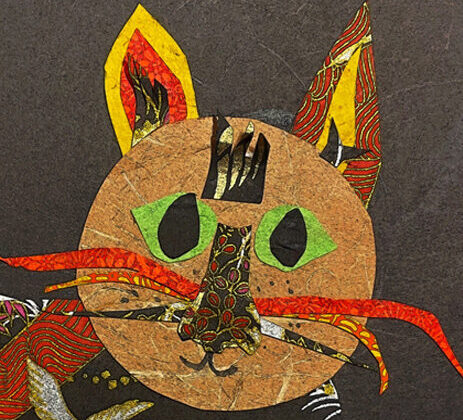Kala Ramesh
Tracing River Kaveri
By night the river is a mirror, reflecting not just the boulders at the water’s edge but the gibbous moon as well.
Next morning I’m back, just as the sun is rising on the far horizon. I assumed she would be a mirror again reflecting the seamless sky, but her mood is different, for I see a vibrant river flowing to become one with the sea.
It’s mid-morning and she becomes one gurgling, singing river, showing her fullness like a woman who has just discovered her womanhood. But the sea is far, far away and before she reaches it she’s heading for a fall, at Hogenakkal. I reach this waterfall by evening. There’s an old tea shop and the chaiwala is busy. I wait. He asks if I want some masala chai. I tell him that the one thing I want to know is the meaning of Hogenakkal. I want to know from someone living in this area. He smiles, handing me his spiced tea.
The word Hogenakkal, he says, is formed of two Kannada words—hoge and kal. When the river falls on the rocks it appears as if hoge, smoke, is emanating from the rocks, hence Hogenakkal—smoking rocks.
the crowing
of a rooster at dawn
awakens me . . .
what conversations I had
with the moon last night
About the Author

Kala Ramesh is a renowned pioneer in the field of haikai literature in India. Her 2017 book Beyond the Horizon Beyond was awarded a Rabindranath Tagore Literary Prize Certificate.

Absolutely fantastic, Kala.
I love your work.
Thanks a million, Jo
This makes me happy.
_()_